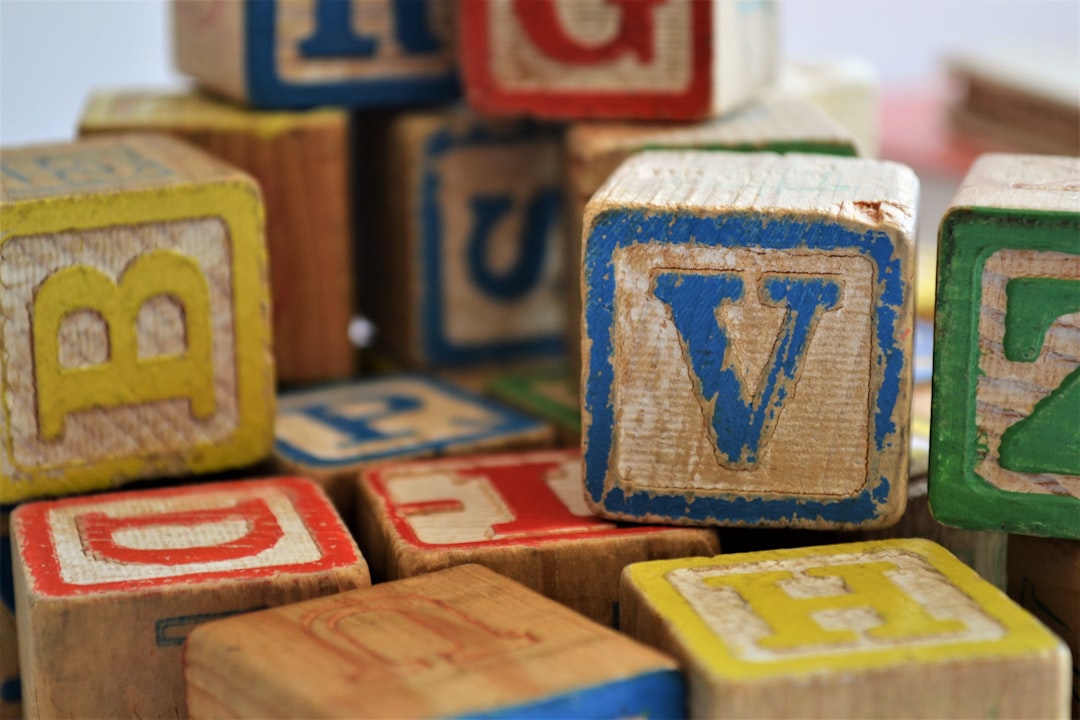 Photo from Unsplash
Photo from Unsplash
Originally Posted On: https://bippermedia.com/sponsored-content/the-joy-and-benefits-of-early-childhood-friendships/
The Joy and Benefits of Early Childhood Friendships
Friendship is one of the most valuable experiences a child can have during their early years. From infancy to preschool, children thrive when they connect with peers, share experiences, and build meaningful relationships. These early friendships lay the groundwork for social development, emotional well-being, and lifelong skills. When children play, laugh, and learn together, they develop a sense of belonging and confidence that supports their growth in every aspect of life.
The Importance of Early Friendships
Friendships in early childhood are more than just play; they are essential for social and emotional development. Through interactions with friends, children learn how to communicate, share, and resolve conflicts. These relationships help shape their ability to understand emotions, practice empathy, and develop resilience.
Studies show that children who form positive friendships early in life often experience better self-esteem and improved communication skills. Having friends provides a sense of security and comfort, allowing children to explore new activities with confidence. These social bonds also foster happiness, reducing feelings of loneliness and anxiety, ensuring a well-rounded childhood experience.
Learning Through Play and Friendship
Play is the language of childhood, and friendships make play even more meaningful. Whether it’s building a sandcastle together, pretending to be superheroes, or working as a team on a puzzle, children develop essential life skills through shared experiences.
Some key benefits of learning through play and friendship include:
- Collaboration: Children learn to work together, listen to each other’s ideas, and solve problems as a team.
- Creativity: Friendships encourage imaginative play, allowing children to think outside the box and develop their creativity.
- Communication: Engaging with peers enhances verbal and non-verbal communication, helping children express their thoughts and feelings more effectively.
- Patience and Cooperation: By taking turns and compromising, children develop patience and understand the value of cooperation.
These experiences not only make childhood fun but also build a foundation for lifelong interpersonal skills.
Encouraging Positive Friendships
Parents and educators play a crucial role in fostering healthy friendships among young children. Creating opportunities for social interaction, modeling positive behavior, and teaching kindness can help children form meaningful relationships.
Here are some ways to encourage positive friendships:
- Arrange Playdates: Organizing playdates allows children to build connections in a comfortable environment.
- Teach Social Skills: Encourage children to say “please” and “thank you,” take turns, and show empathy toward others.
- Lead by Example: Children mimic the behavior of adults, so demonstrating kindness, active listening, and cooperation helps them learn by example.
- Create Group Activities: Providing group projects or games that require teamwork fosters a sense of unity and shared achievement.
By promoting a culture of friendship and inclusivity, children learn to appreciate diversity and develop respect for one another.
Lifelong Lessons from Early Friendships
The friendships children form in their early years have a lasting impact on their social development. These relationships teach them valuable lessons about trust, loyalty, and emotional intelligence.
As children grow, they carry these lessons into their future interactions, whether in school, the workplace, or personal relationships. Learning how to navigate friendships early on helps children develop problem-solving skills, emotional regulation, and adaptability—traits that contribute to personal and professional success later in life.
Friendship brings joy, laughter, and countless learning opportunities. It enhances childhood experiences, making everyday moments more meaningful and exciting. When children build connections, they develop confidence, resilience, and a sense of belonging that supports them throughout life.
Encouraging young children to embrace friendship, be kind, and enjoy shared experiences helps them create a bright and fulfilling future. After all, life is always more fun when shared with friends!
Help Your Child Thrive With Early Friendships at The Learning Experience
At The Learning Experience Child Care Center, we understand the profound impact that early childhood friendships have on a child’s development. These friendships foster social skills, empathy, and emotional intelligence, setting the foundation for healthy relationships throughout life. Enroll your child with us today to provide them with a nurturing environment where they can form lasting friendships and grow to their fullest potential. Together, let’s lay the groundwork for a future filled with joy, connection, and growth!
The Learning Experience curriculum is created to meet or exceed nationwide standards and it is all-inclusive so children are encouraged to learn, play and grow.—We offer various curriculum programs and enrichment programs like music, engineering and fitness, offered at no additional charge. Find a location near you!






